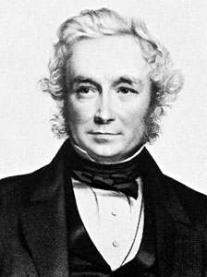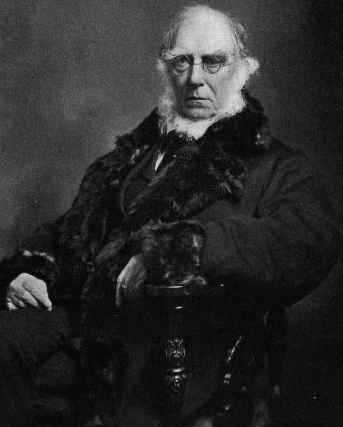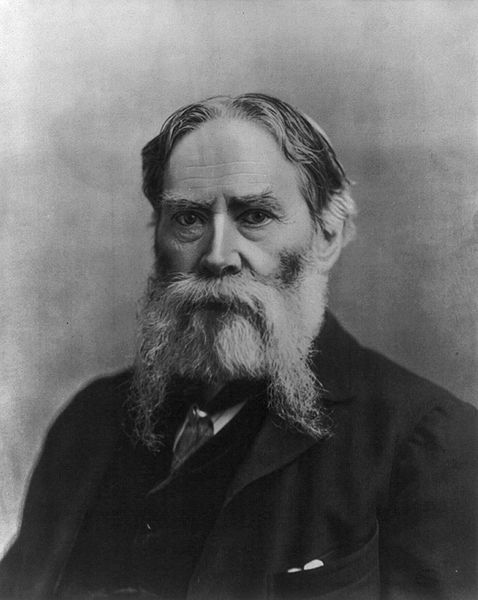It is great to see The Rough Guide to Evolution described as "helpful" and cited as frontrunner in what Bunting estimates to be fifty new publications appearing for the Darwin bicentenary year. All this publicity has already pushed my amazon.co.uk sales rank to a little over 4000 overall (at least momentarily) and into the top ten best-selling books on evolutionary biology and to number four in Rough Guides Reference Titles--but see these links on the hazards of sales ranks:
- http://fluff.info/blog/arch/00000188.htm
- http://www.rampant-books.com/mgt_amazon_sales_rank.htm
- http://www.jeffschult.com/blog/2008/01/04/today-is-a-bestseller-day
However, those that know me will be amused and bemused to see me apparently on the side of the angels in the "Darwin versus God" debate, with a single quotation from me in Bunting's article: "A defence of evolution doesn't have to get entangled in atheism"!
In fact, Madeleine and I spoke for around 45 minutes, so that one quotation doesn't quite do justice to the breadth and depth of our discussion, although many of the themes we touched on do surface in the article.
I was keen to sidestep the Darwin-versus-God debate for two reasons.
Firstly, in my opinion, the bicentenary should be more about a positive celebration of Darwin's life and legacy than about his negative impact, supposed or otherwise, on religion. As I pointed out to Madeleine, even if Darwin had not hit on evolution, here was someone who would still rank as
- one of the nineteenth century's foremost adventurers and travel writers, as evidenced by his Voyage of the Beagle.
- someone who made important contributions to geology (particularly on the formation of coral atolls)
- a great collector of geological, botanical and zoological specimens
- a natural historian of the highest order, on account of his descriptions and analyses of the flora and fauna of the Beagle voyage, of barnacles and of orchids.
Threading through Darwin’s voyage were the twin themes of adventure and discovery. Less than a year into his journey, Darwin was already comparing his escapades to the fantastical adventures of Baron Münchausen. To the modern reader, he is perhaps best envisaged as a geologizing Indiana Jones.
There was risk and privation. Afloat, the quarters were cramped, the seasickness unrelenting. On land and sea, Darwin faced storms. Three of his shipmates died of malaria; fellow crewman, Edward Helyer, drowned collecting specimens. Darwin himself was ill on several occasions, once seriously. The voyage brought Darwin face to face with war and rebellion. He saw Napoleon’s tomb on St Helena. He visited the Falkland Islands barely two months after their seizure by the British. In a feat of derring-do, Darwin escaped revolution in Buenos Aires. He helped suppress an uprising in Montevideo, but he was confined to ship during an insurrection in Lima. In the South American equivalent of the Wild West, Darwin witnessed the ruthless genocidal destruction of Native Americans. He met the Argentinean dictator, Juan Manuel de Rosas, and rode and camped with the gauchos (the Hispanic equivalent of cow boys). He recoiled from the sight of drunken men belching blood and was disgusted by the bloody massacre of bullocks in Buenos Aires.
Darwin felt the full fire and fury of nature. He watched an Andean volcano erupt; he felt the earth move beneath his feet. At Concepción in Chile, he was fascinated by the devastation wrought by the shuddering earth and terrifying tsunami... Afloat, beneath the southern stars, he watched the Beagle’s masthead and yardarm shine with St Elmo’s fire, the ship afloat on a ghostly luminous sea. He saw waterspouts and precipitous blue-iced glaciers... He gloried in the exuberance of the tropical forests, the magnificent desolation of Tierra del Fuego and the boundless plains of Patagonia: “no one can stand in these solitudes unmoved, and not feel that there is more in man than the mere breath of his body”.
But as Madeleine points out, Darwin's biggest idea, evolution by natural selection, guarantees him the status of "Newton apart, the greatest British scientist ever". Yet, something more sets Darwin apart—his liberal-minded agreeable "family-man" personality and his consistent intellectual integrity place him well above the irascible Newton in the scientific hero stakes (Newton never married, was often petty-minded and wasted his talents on alchemy and the occult). In his solid opposition to slavery, Darwin chimes perfectly with the modern mindset. And to top it all, his work remains accessible to today's non-expert reader.
With so much to celebrate, why then get bogged down in the Darwin-versus-God debate? And so that brings me on to the second big reason for sidelining this issue during the bicentenary. Atheism doesn't need Darwin and it is daft to dump all the blame for any decline in religious belief on Darwin.
As Bunting points out, the Victorian crisis of faith was well underway before Darwin published the Origin in 1859. Tennyson's famous lines date from 1848 or even earlier:
And Matthew Arnold's Dover Beach was probably already finished by 1851.
Who trusted God was love indeed; And love Creation’s final law–Tho’ Nature, red in tooth and claw; With ravine, shriek’d against his creed.
And Matthew Arnold's Dover Beach was probably already finished by 1851.
Although Darwin did lose his own religious belief, I am not aware that he ever blames this on his studies on evolution—as pointed out in an earlier post, in his Autobiography, he firmly lays the blame on plain old common-sense arguments, for example as to the cruelty of the Old Testament God (and here I agree with him—my son just covered Abraham's plans to slaughter Isaac in his RE homework and I cannot see this story as anything other than an abomination). Futhermore, Darwin's doubts surfaced at a time in his life before his evolutionary ideas were well formed.
So, why blame Darwin for atheism, when a generation before Darwin, the likes of David Hume (now there's a Scotsman we should have on Bank of England notes!) and Thomas Paine (see recent posting) had already articulated persuasive arguments against revealed religion? Ironically in fact, in one of the Fundamentals, the tracts that launched modern American Protestant fundamentalism (a movement which post-dates Darwin), George Frederick Wright wrote that "Hume is more dangerous than Darwin". Why the need for New Atheism, when Old Atheism was so very dangerous and so very persuasive!
OK, two centuries after Darwin's birth, we still have to deal with creationism, just as two centuries after Paine's death, regrettably, we still have an established church, faith schools and an hereditary monarchy to deal with here in the UK. But as the much maligned "soapy Sam" Wilberforce, pointed out, any battle here has to be fought on the scientific facts, rather than theology. Here is what Wilberforce said in his arguments against The Origin:
"Our readers will not have failed to notice that we have objected to the views with which we are dealing solely on scientific grounds. We have done so from our fixed conviction that it is thus that the truth or falsehood of such arguments should be tried. We have no sympathy with those who object to any facts or alleged facts in nature, or to any inference logically deduced from them, because they believe them to contradict what it appears to them is taught by Revelation. We think that all such objections savour of a timidity which is really inconsistent with a firm and well-intrusted faith."
So let us hope we can spend 2009 celebrating Darwin's amazing life, adventures, collections, writings and scientific legacy, rather than re-hashing same-old same-old arguments about religion that should have disappeared with Hume and Paine!
As Suzi Quatro puts it: Hey Charly, The World is still looking at you!























